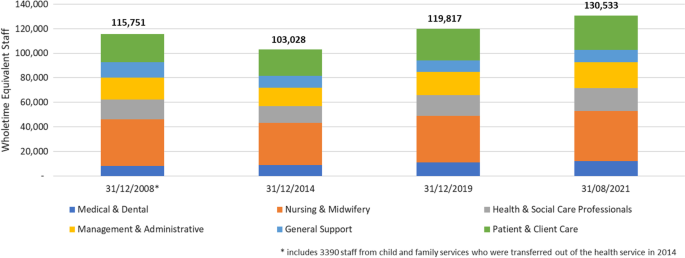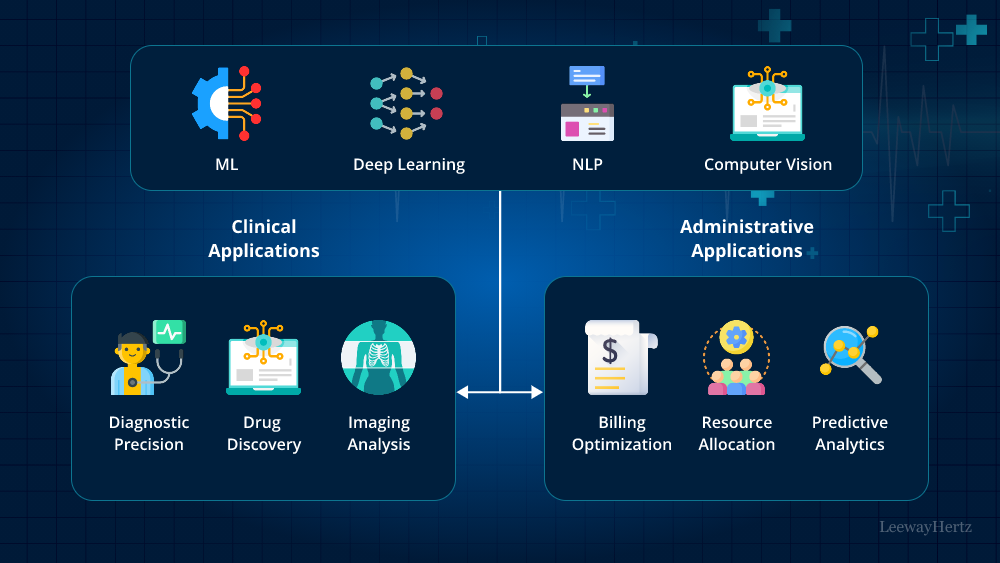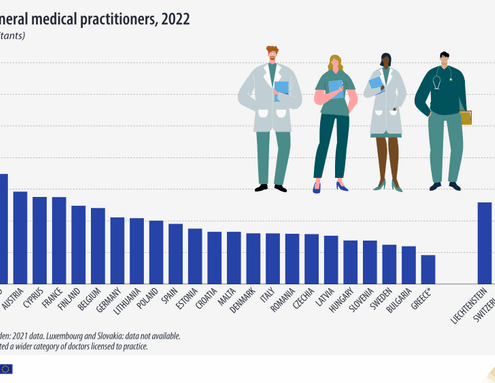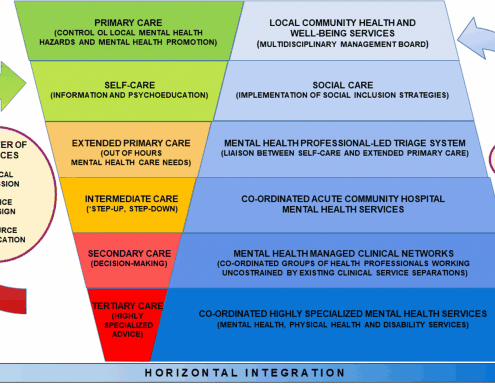Women’s Health in Ireland—Time to Close the Diagnostic Gap
A new national study led by University College Cork is shedding light on the long-overdue issue of diagnostic delays in women’s health. Conditions like endometriosis and PMDD are often dismissed or misdiagnosed, leaving patients in pain and without answers. The research includes trans men and non-binary people, highlighting systemic gaps in care and the need for inclusive reform.
In September 2025, UCC launched a national study to explore how women, trans men, and non-binary individuals experience chronic health conditions in Ireland. The research focuses on conditions such as endometriosis, migraine subtypes, postural orthostatic tachycardia syndrome (POTS), premenstrual dysphoric disorder (PMDD), and mast cell activation syndrome (MCAS)—many of which take years to diagnose and are frequently minimised by clinicians A B.
Lead researcher Jenny Cooney-Quane describes the phenomenon as “medical gaslighting,” where patients feel disbelieved or dismissed. Internationally, endometriosis takes an average of nine years to diagnose, while POTS can take five. These delays are compounded by overlapping symptoms, neurodivergence, and post-COVID complications, creating complex healthcare needs that are poorly A understood.
The study also examines how patients use symptom-tracking apps and how clinicians respond to patient-generated data. It aims to improve diagnostic accuracy and communication between patients and providers. Importantly, the survey includes trans and non-binary voices, acknowledging their unique challenges in accessing care B.
At Hutano, we believe in person-centred care for all. If you’re a healthcare professional passionate about inclusive practice, register with us today and help close the gap.











Leave a Reply
Want to join the discussion?Feel free to contribute!